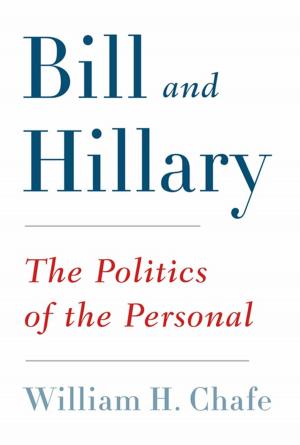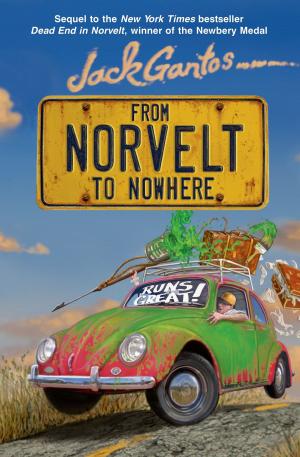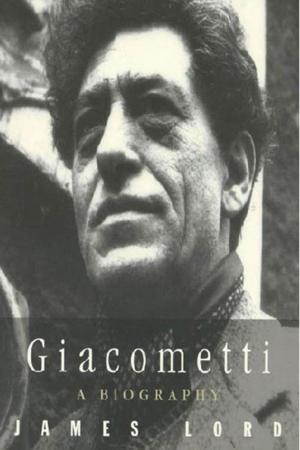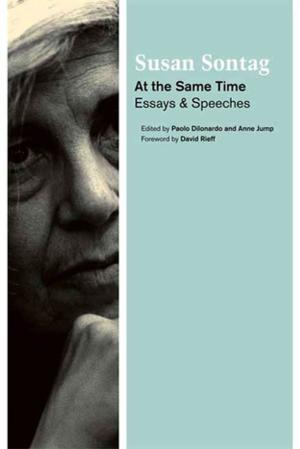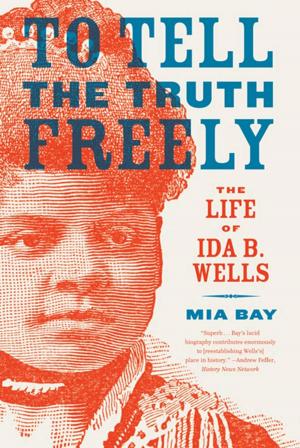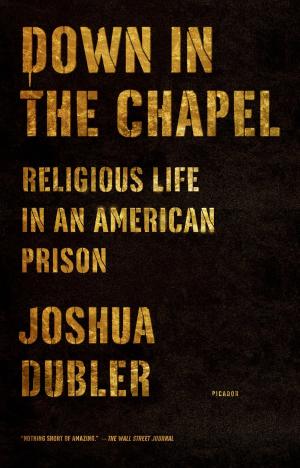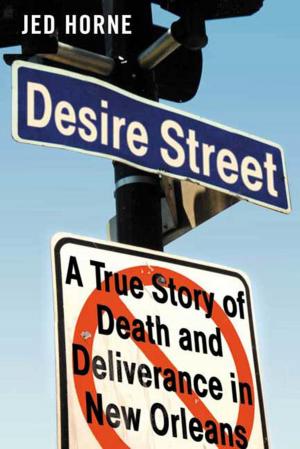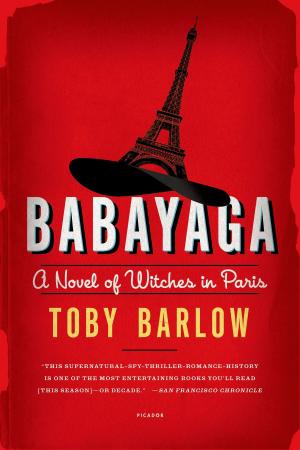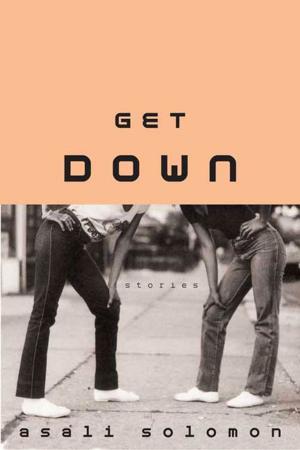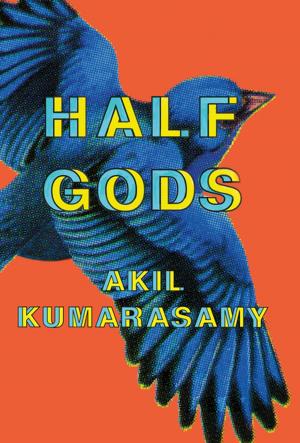The Last Days of Judas Iscariot
A Play
Fiction & Literature, Drama, American, Nonfiction, Entertainment| Author: | Stephen Adly Guirgis | ISBN: | 9781429921657 |
| Publisher: | Farrar, Straus and Giroux | Publication: | December 27, 2005 |
| Imprint: | Farrar, Straus and Giroux | Language: | English |
| Author: | Stephen Adly Guirgis |
| ISBN: | 9781429921657 |
| Publisher: | Farrar, Straus and Giroux |
| Publication: | December 27, 2005 |
| Imprint: | Farrar, Straus and Giroux |
| Language: | English |
From one of our most admired playwrights, "an ambitious, complicated and often laugh-out-loud religious debate" (Toby Zinman, The Philadelphia Inquirer)
Set in a time-bending, seriocomically imagined world between Heaven and Hell, The Last Days of Judas Iscariot is a philosophical meditation on the conflict between divine mercy and human free will that takes a close look at the eternal damnation of the Bible's most notorious sinner. This latest work from the author of Our Lady of 121st Street "shares many of the traits that have made Mr. Guirgis a playwright to reckon with in recent years: a fierce and questing mind that refuses to settle for glib answers, a gift for identifying with life's losers and an unforced eloquence that finds the poetry in lowdown street talk. [Guirgis brings to the play] a stirring sense of Christian existential pain, which wonders at the paradoxes of faith" (Ben Brantley, The New York Times).
From one of our most admired playwrights, "an ambitious, complicated and often laugh-out-loud religious debate" (Toby Zinman, The Philadelphia Inquirer)
Set in a time-bending, seriocomically imagined world between Heaven and Hell, The Last Days of Judas Iscariot is a philosophical meditation on the conflict between divine mercy and human free will that takes a close look at the eternal damnation of the Bible's most notorious sinner. This latest work from the author of Our Lady of 121st Street "shares many of the traits that have made Mr. Guirgis a playwright to reckon with in recent years: a fierce and questing mind that refuses to settle for glib answers, a gift for identifying with life's losers and an unforced eloquence that finds the poetry in lowdown street talk. [Guirgis brings to the play] a stirring sense of Christian existential pain, which wonders at the paradoxes of faith" (Ben Brantley, The New York Times).

